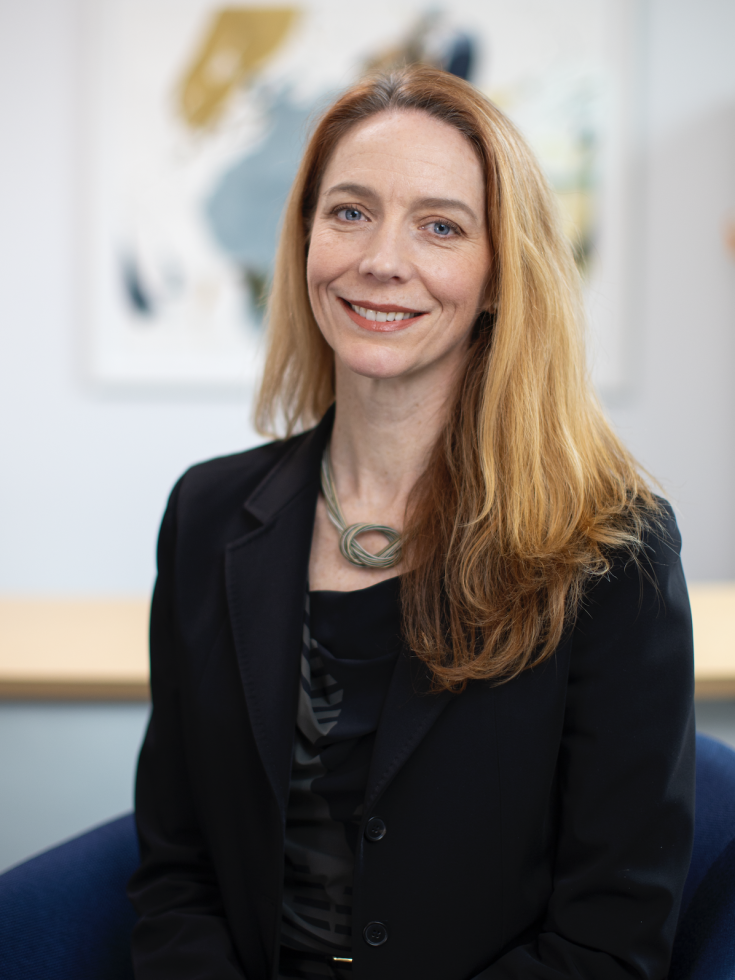From air pollution to climate change to habitat loss, the world’s most pressing environmental challenges are deeply interconnected — and so are their solutions. At the Institute at Brown for Environment and Society (IBES), that understanding has shaped everything from its educational philosophy to its pioneering research.
Since its 2014 launch, the institute has focused on accelerating solutions at the juncture of natural ecosystems and society, growing into an increasing global leadership role in climate, sustainability and environmental scholarship. As IBES marks its 10th anniversary, institute leaders are not only reflecting on early successes, but leaning further into its role as an engine for boundary-breaking, cross-field solutions and teaching in climate and sustainability.
“Many of the grand challenges of the 21st century can’t be solved with technology alone, nor with policy alone or behavioral changes alone,” said Kim Cobb, the Lawrence and Barbara Margolis Director of the Institute at Brown for Environment and Society and a professor of environment and society and Earth, environmental and planetary sciences. “Addressing the accelerating climate crisis, for example, requires systems-level solutions that draw on experts from across a wide variety of disciplines and sectors, working together in a sustained way. IBES is a place where this type of next-generation collaboration thrives and is delivering results.”
Over the last decade, that interdisciplinary approach has become hardwired into the institute’s ethos, Cobb said. She pointed to the 25+ core IBES faculty members who have joint appointments in nine academic departments at Brown, in areas ranging from the humanities to public health to the social and physical sciences.
“There is a strong focus here on what unites us — our shared purpose in turning environmental challenges into opportunities for change — rather than what divides us,” Cobb said.
